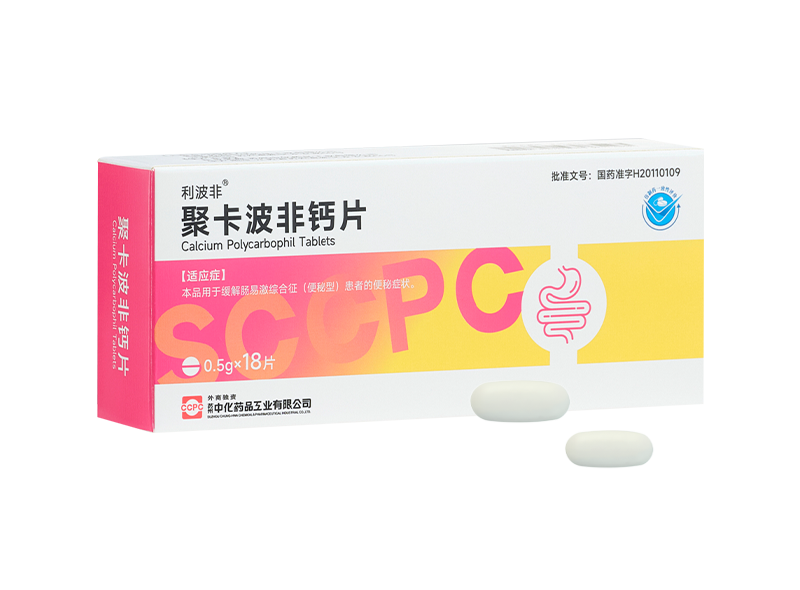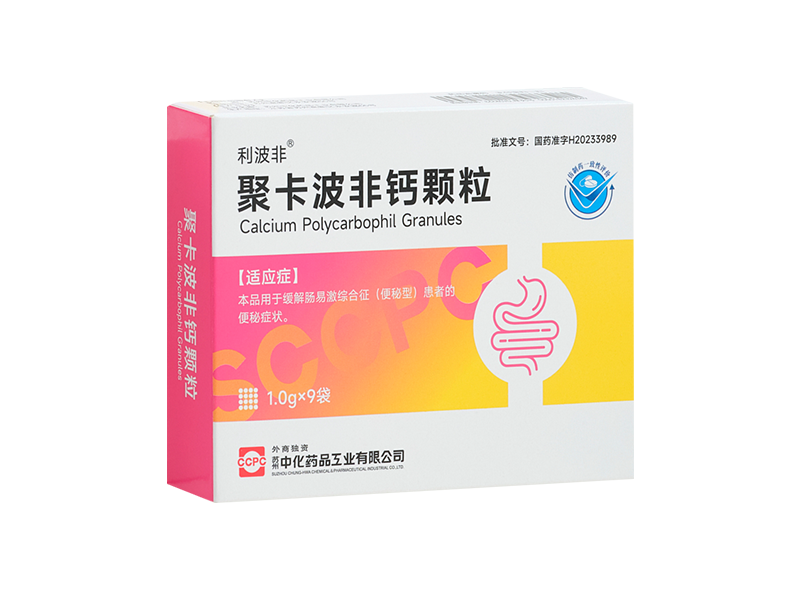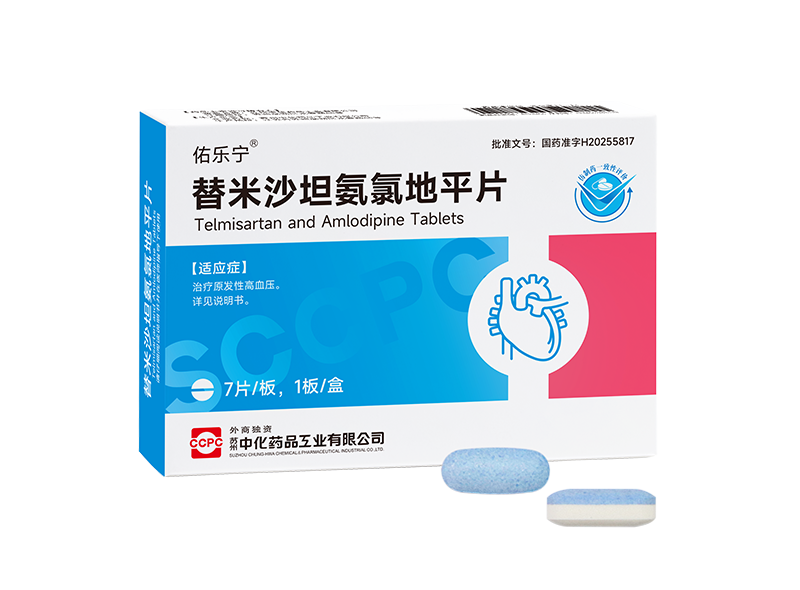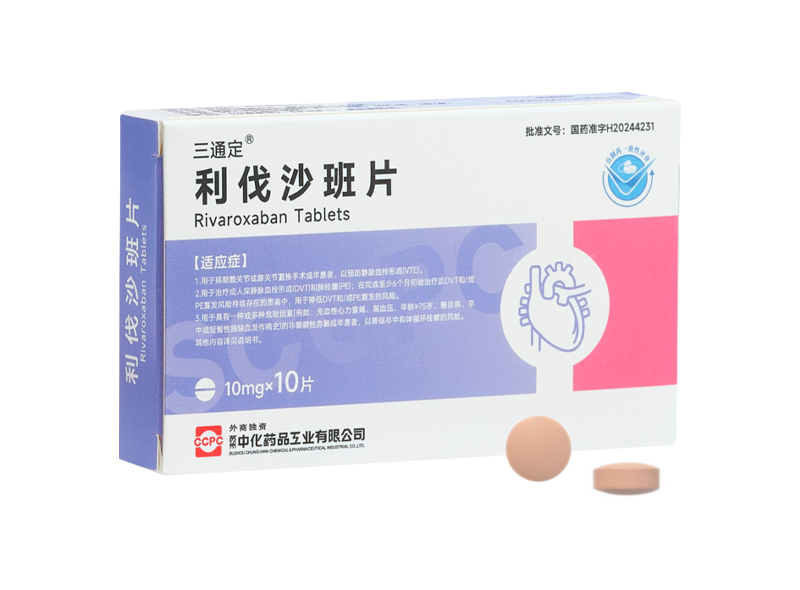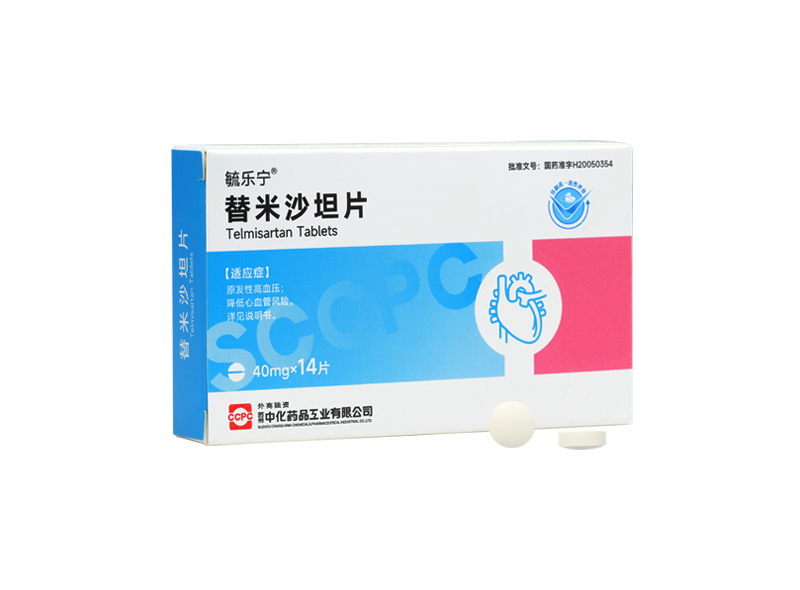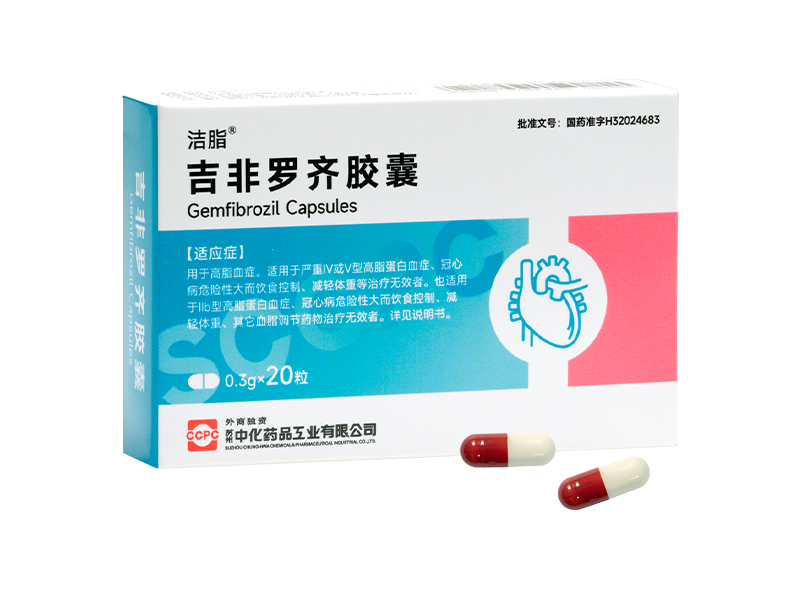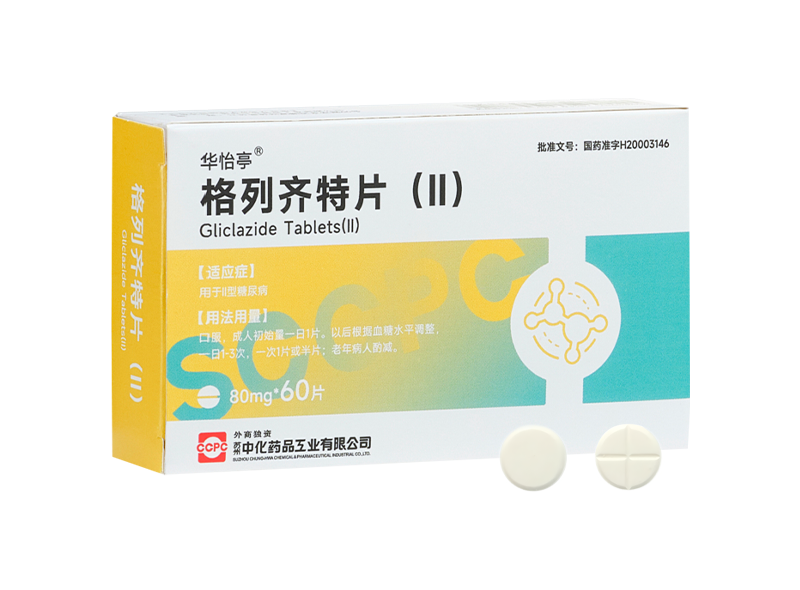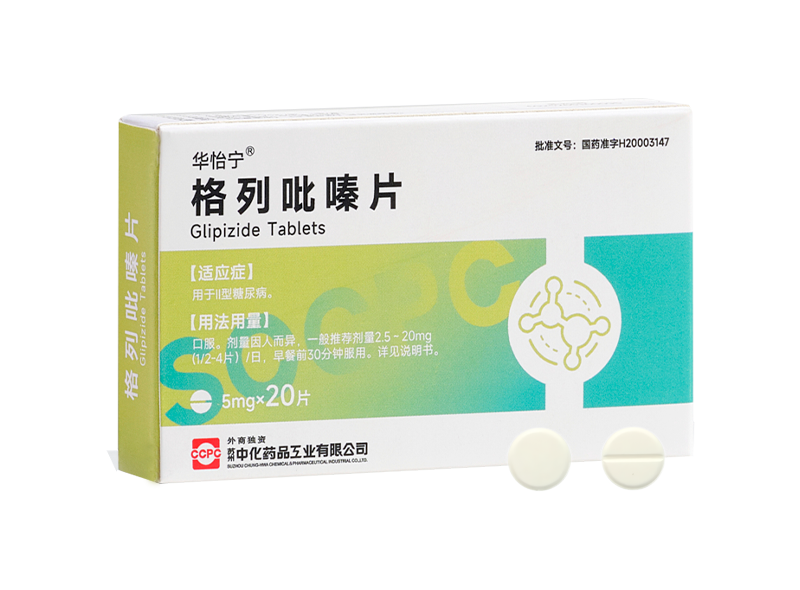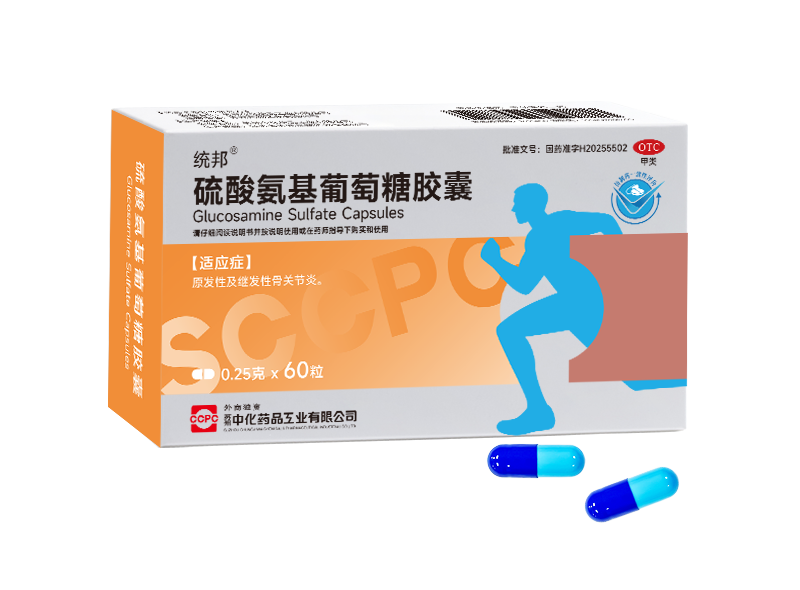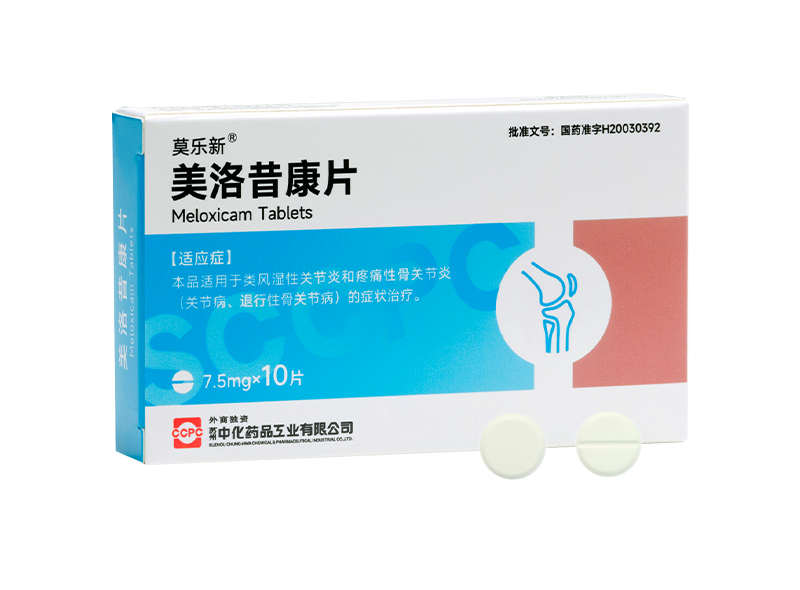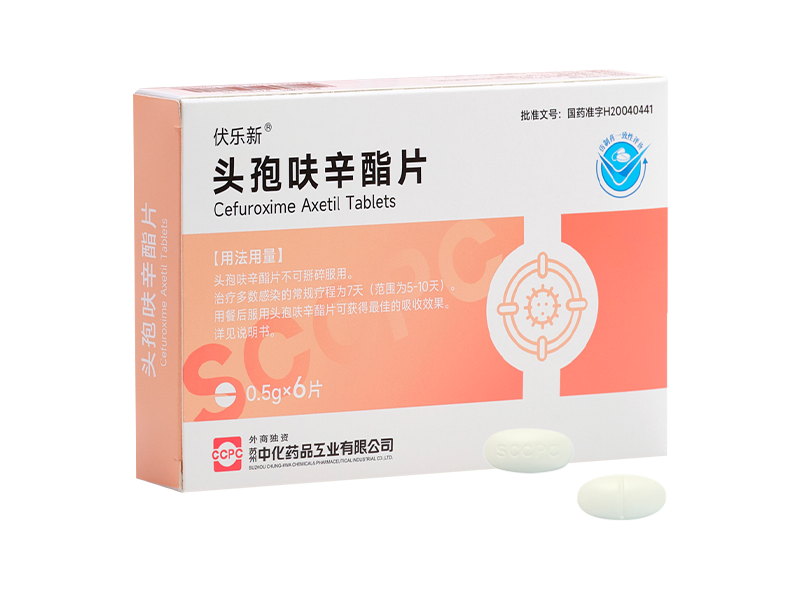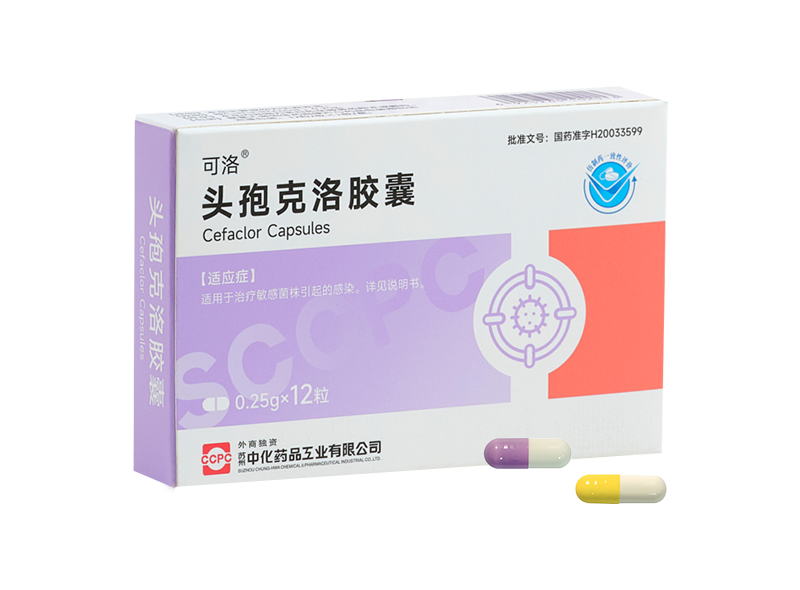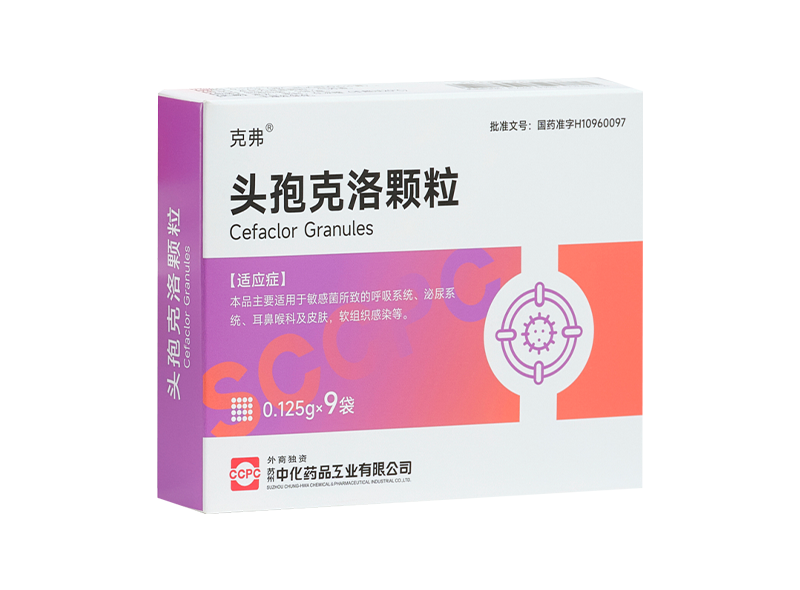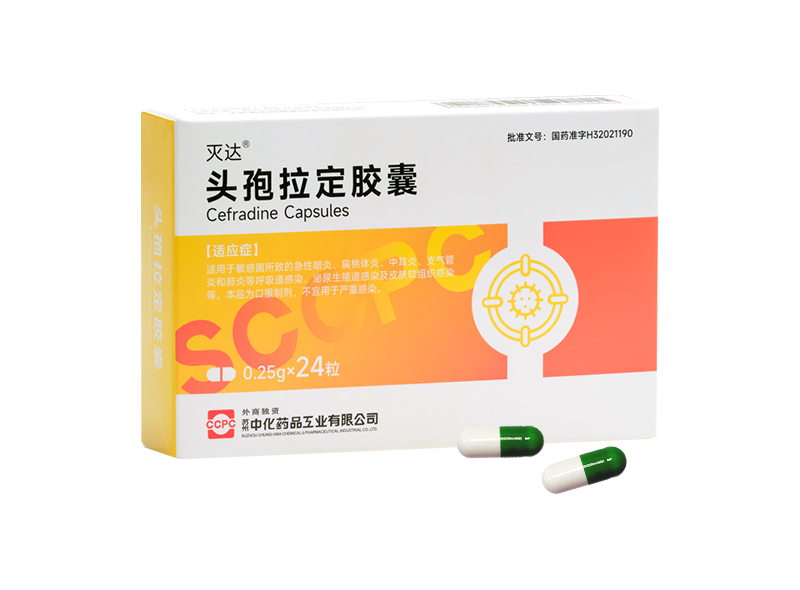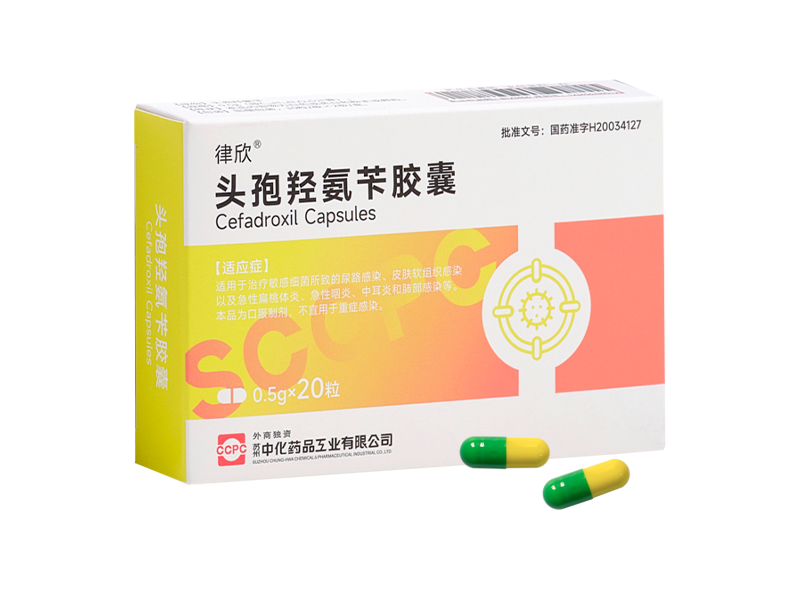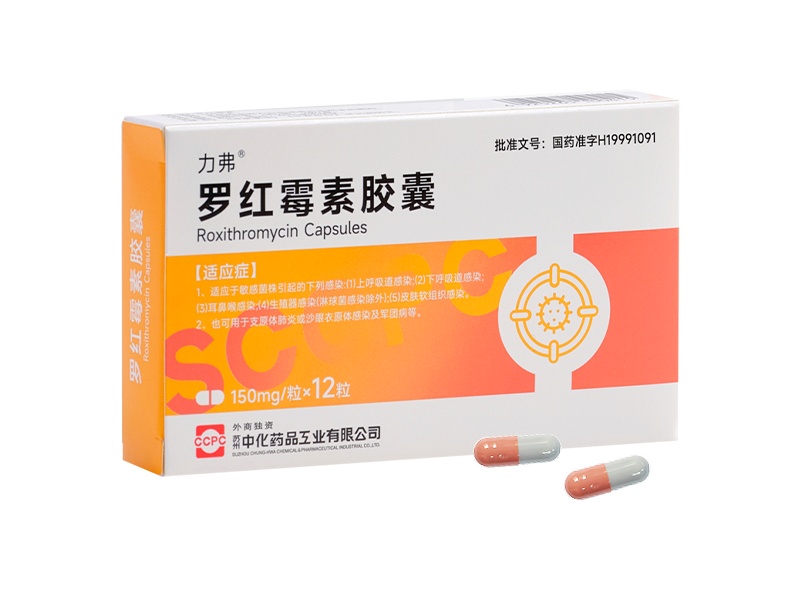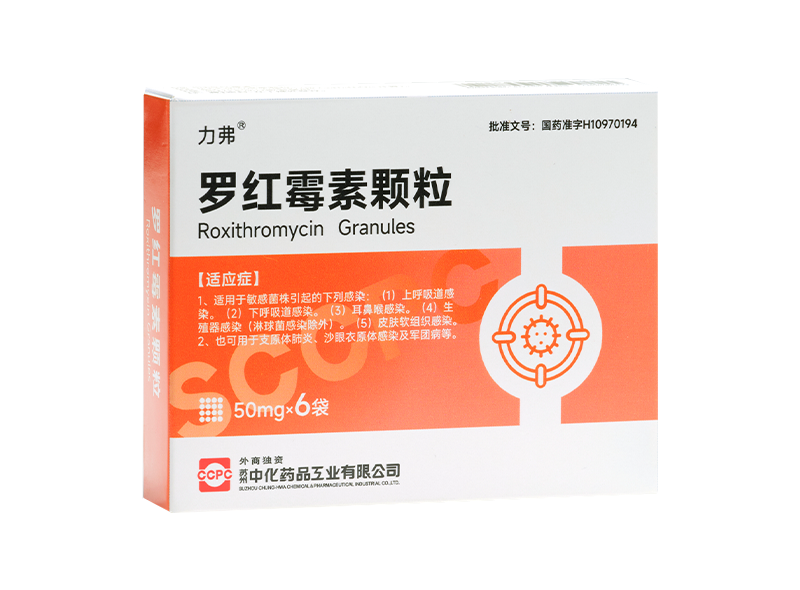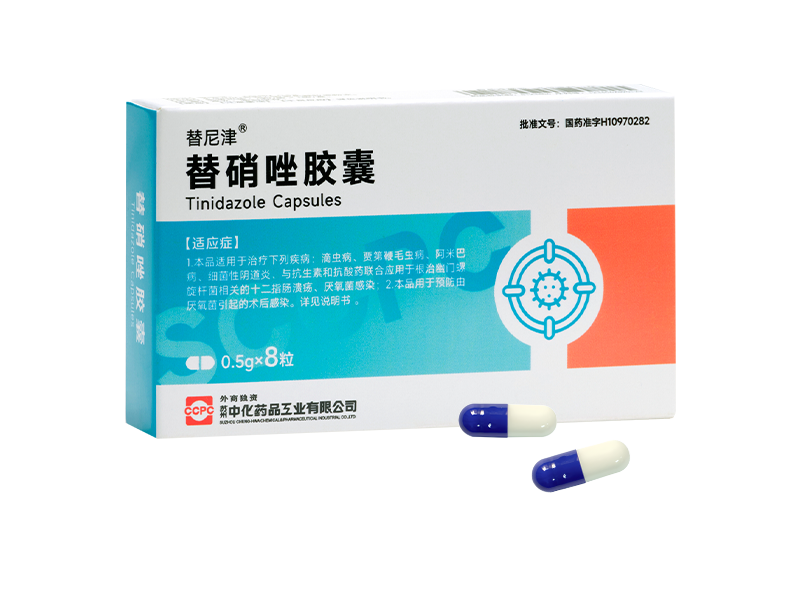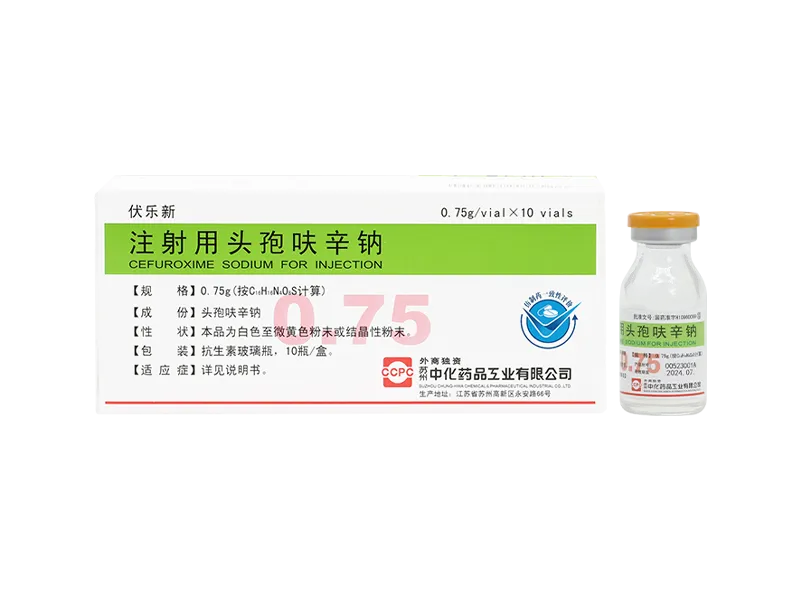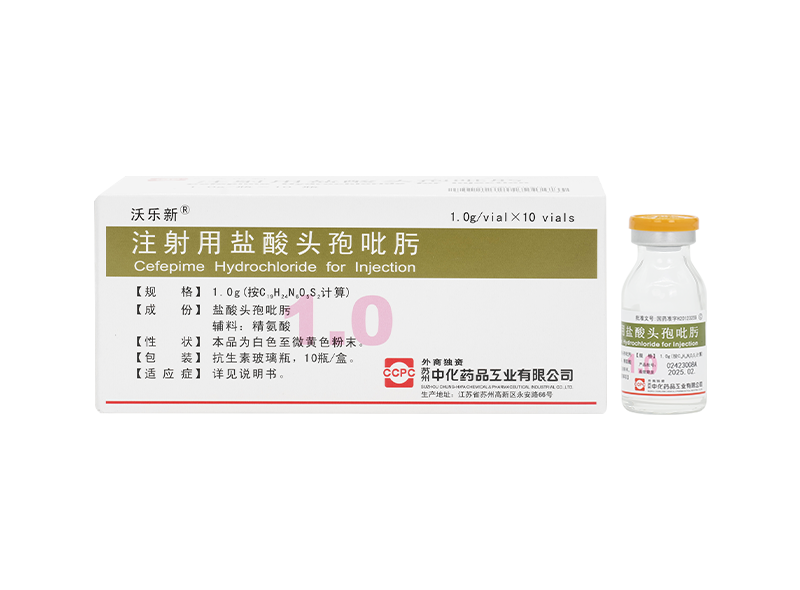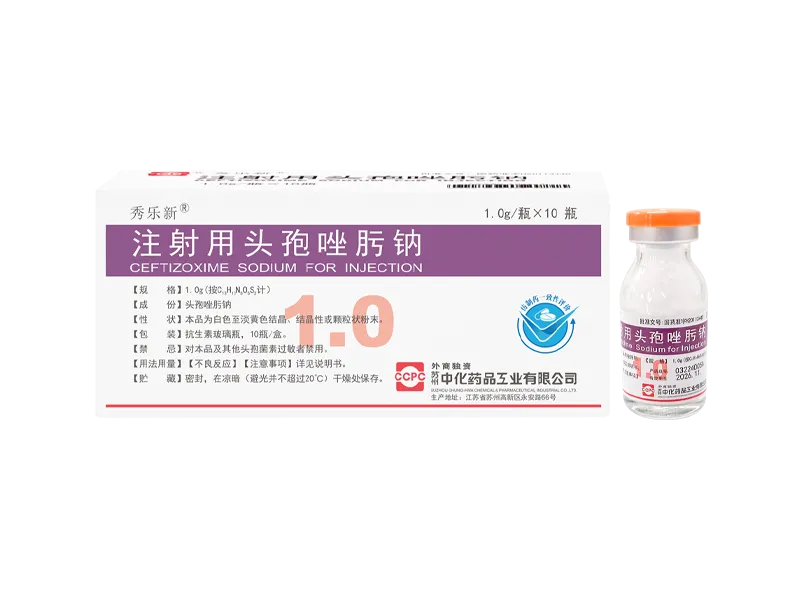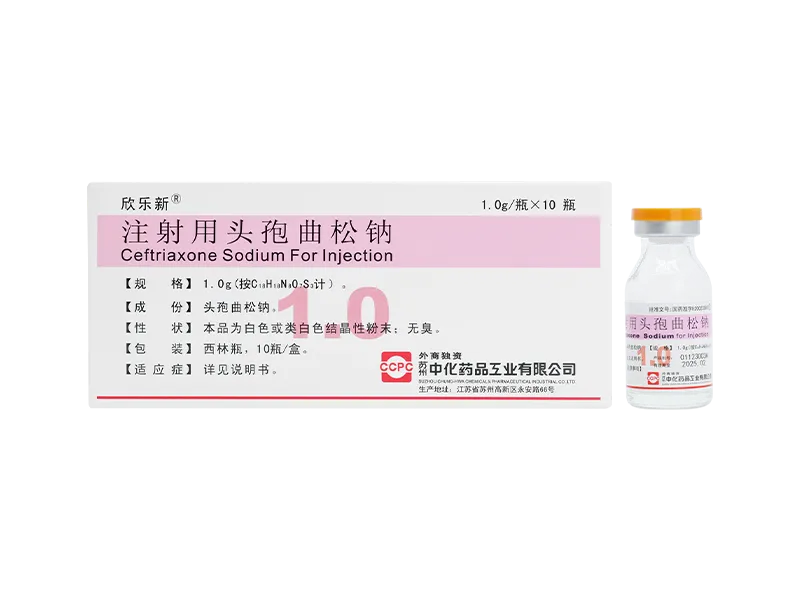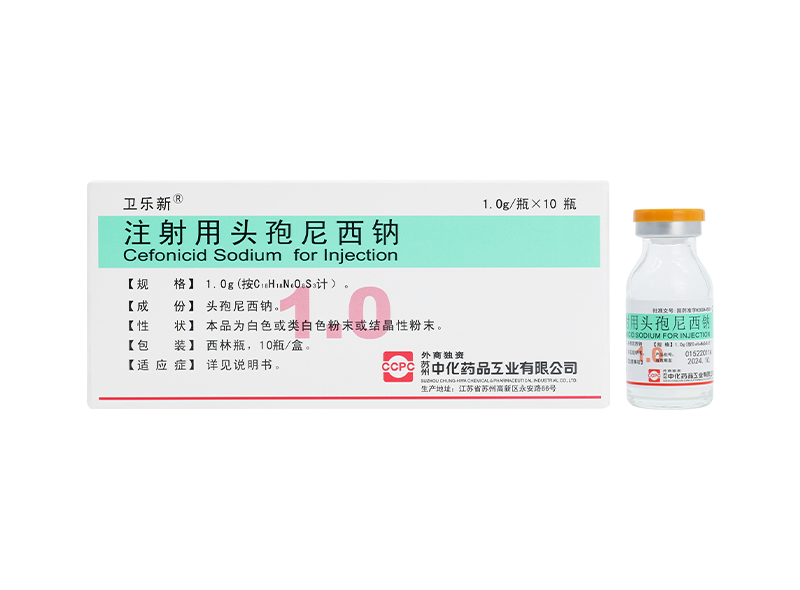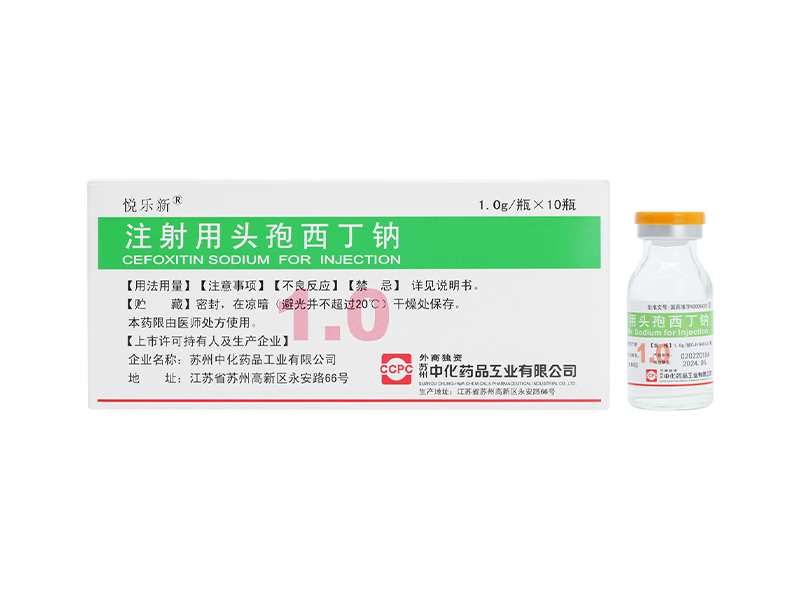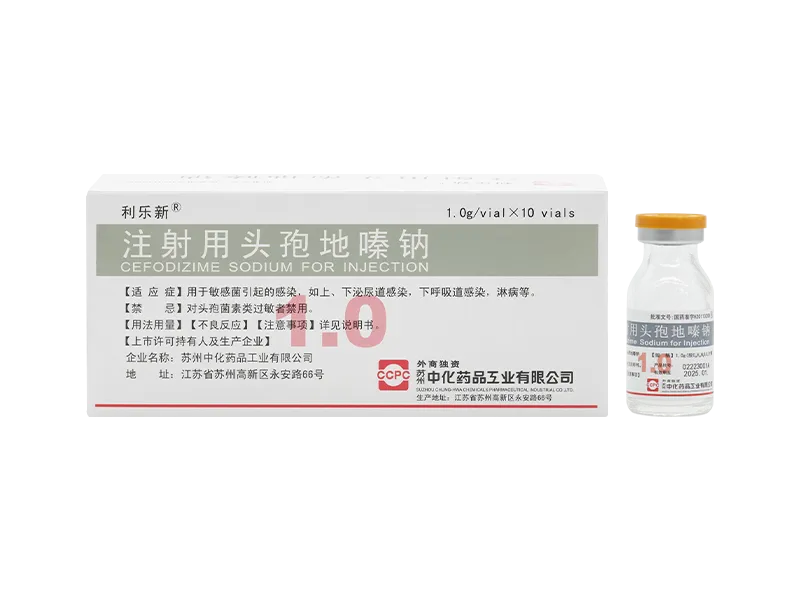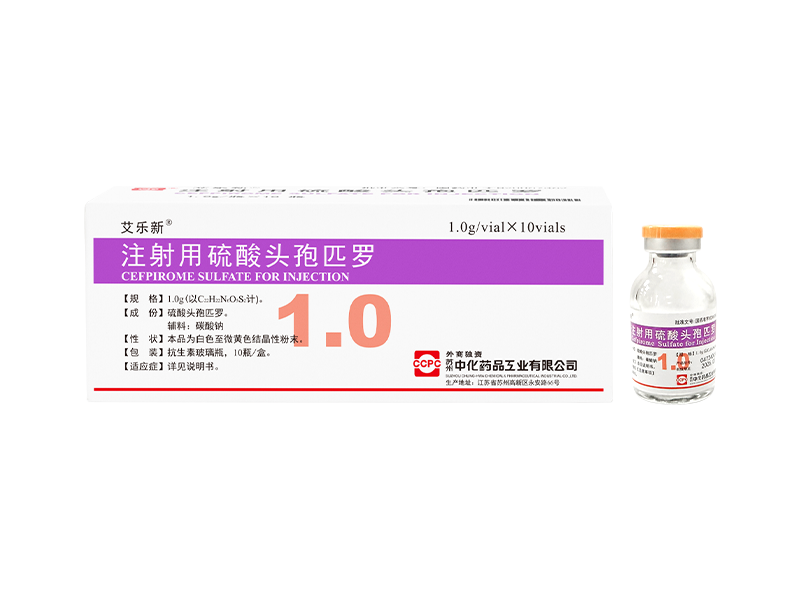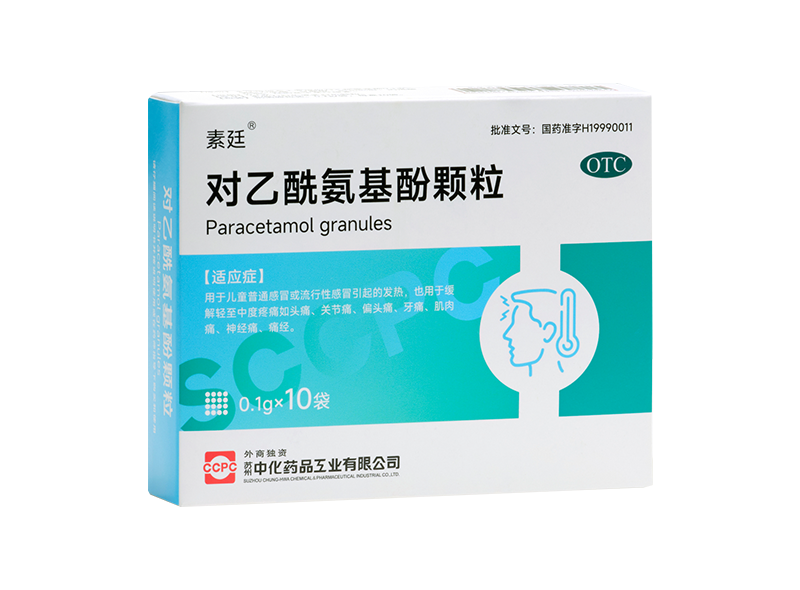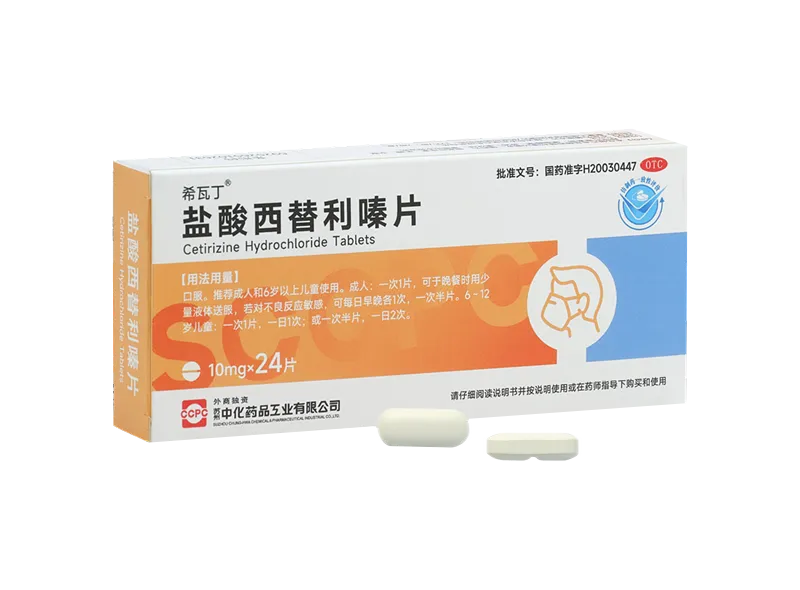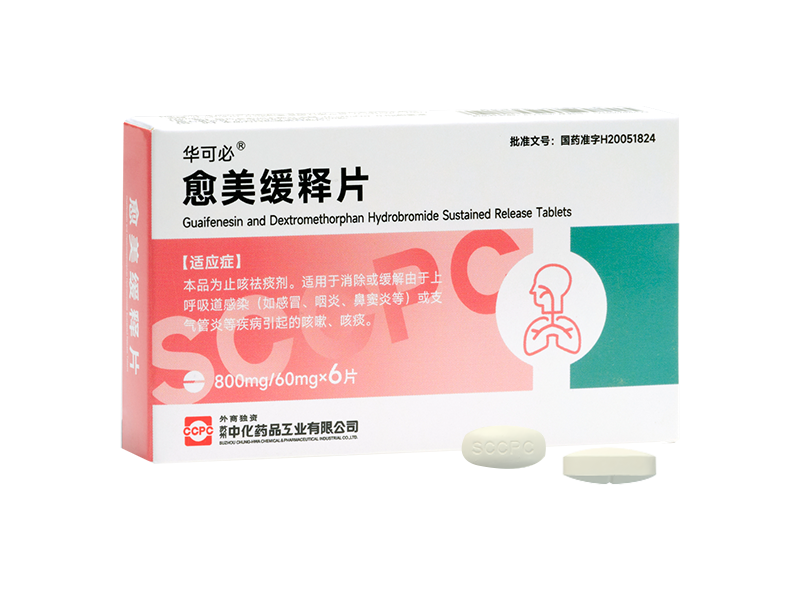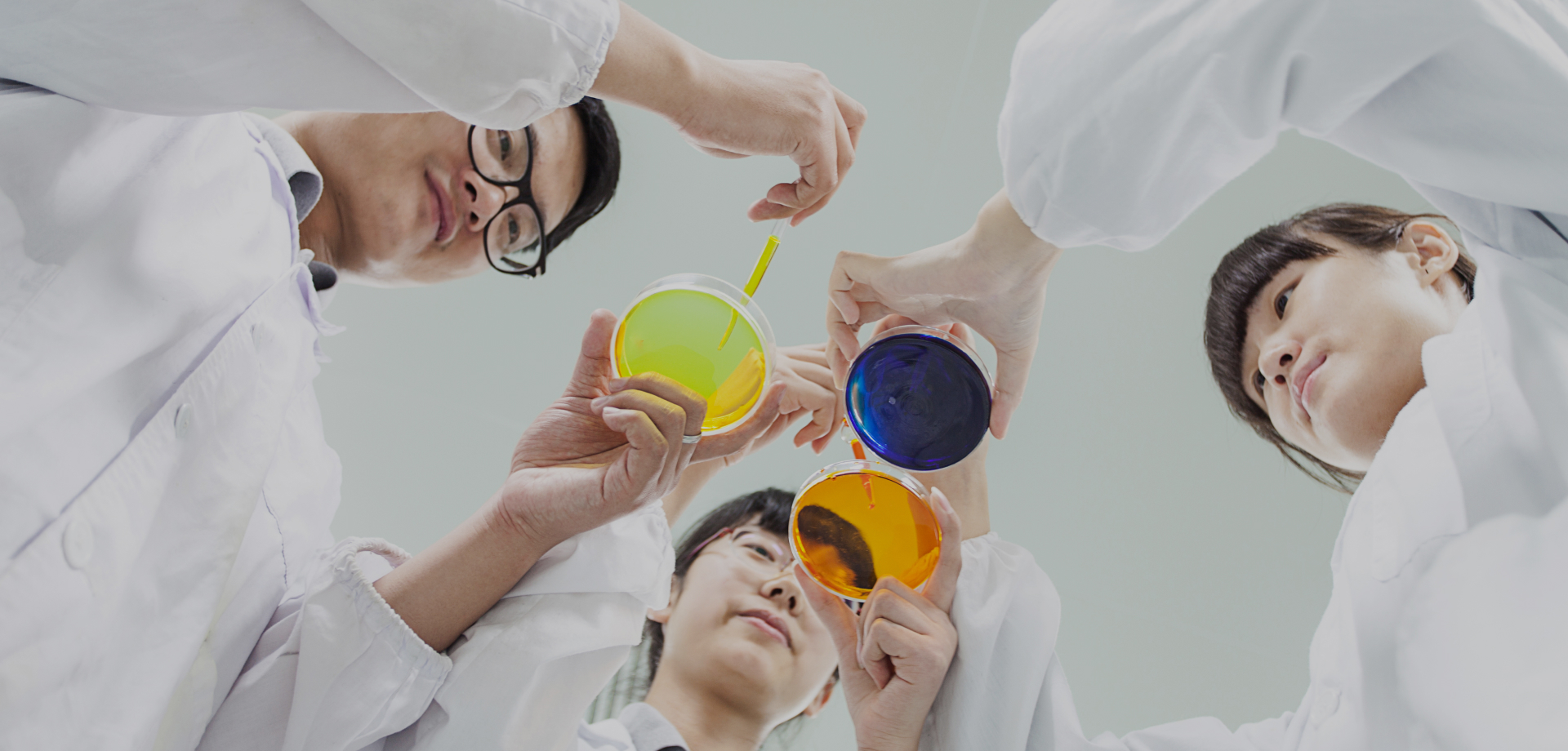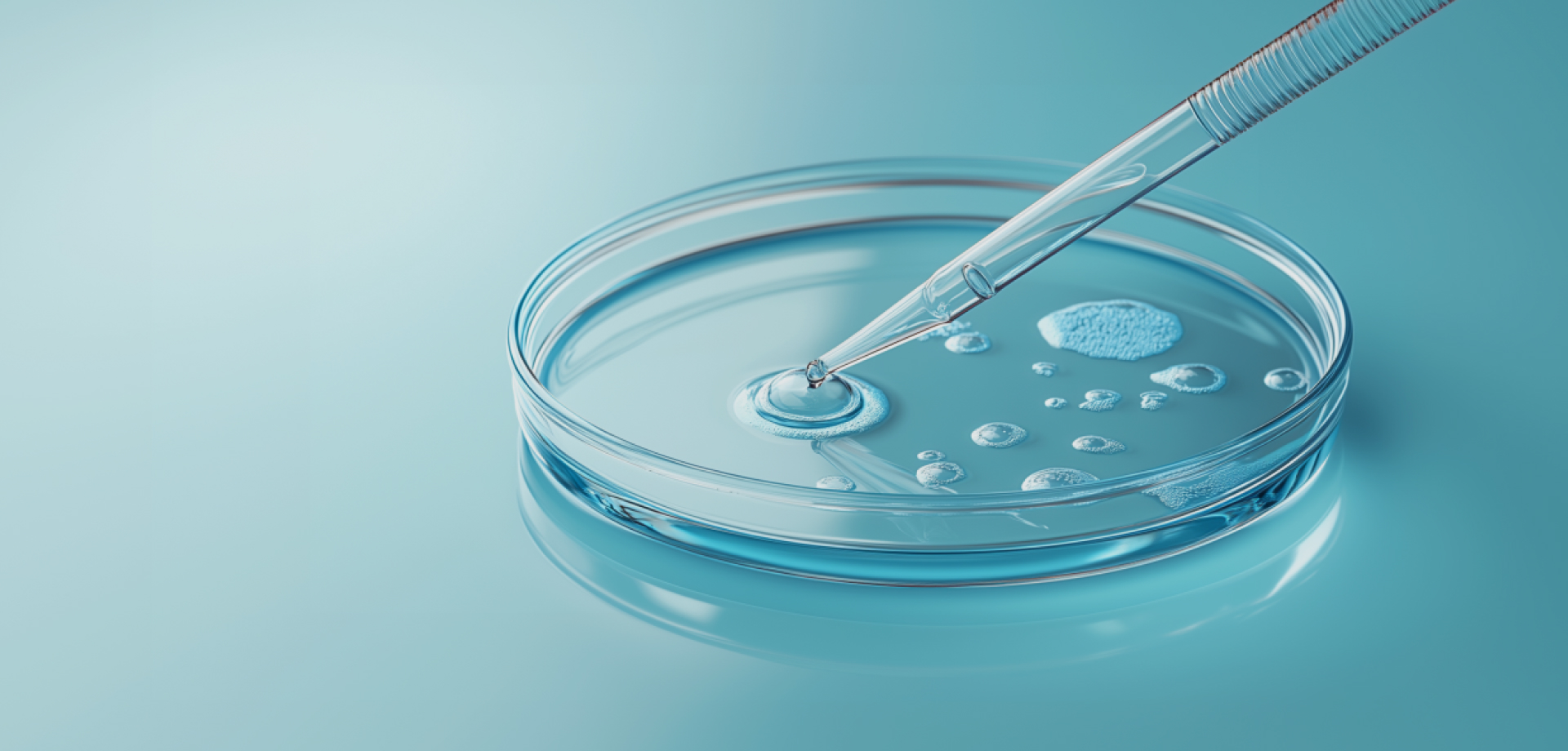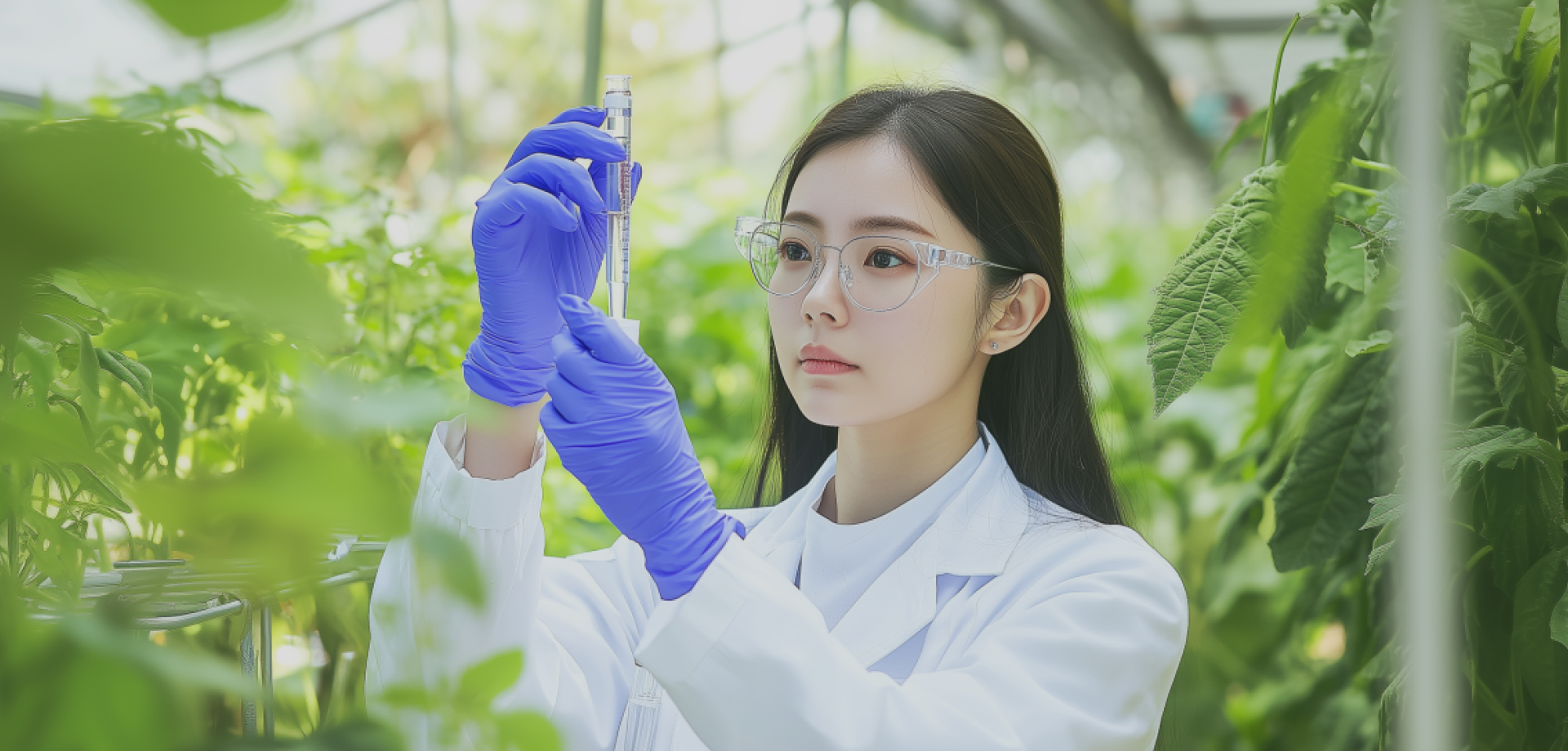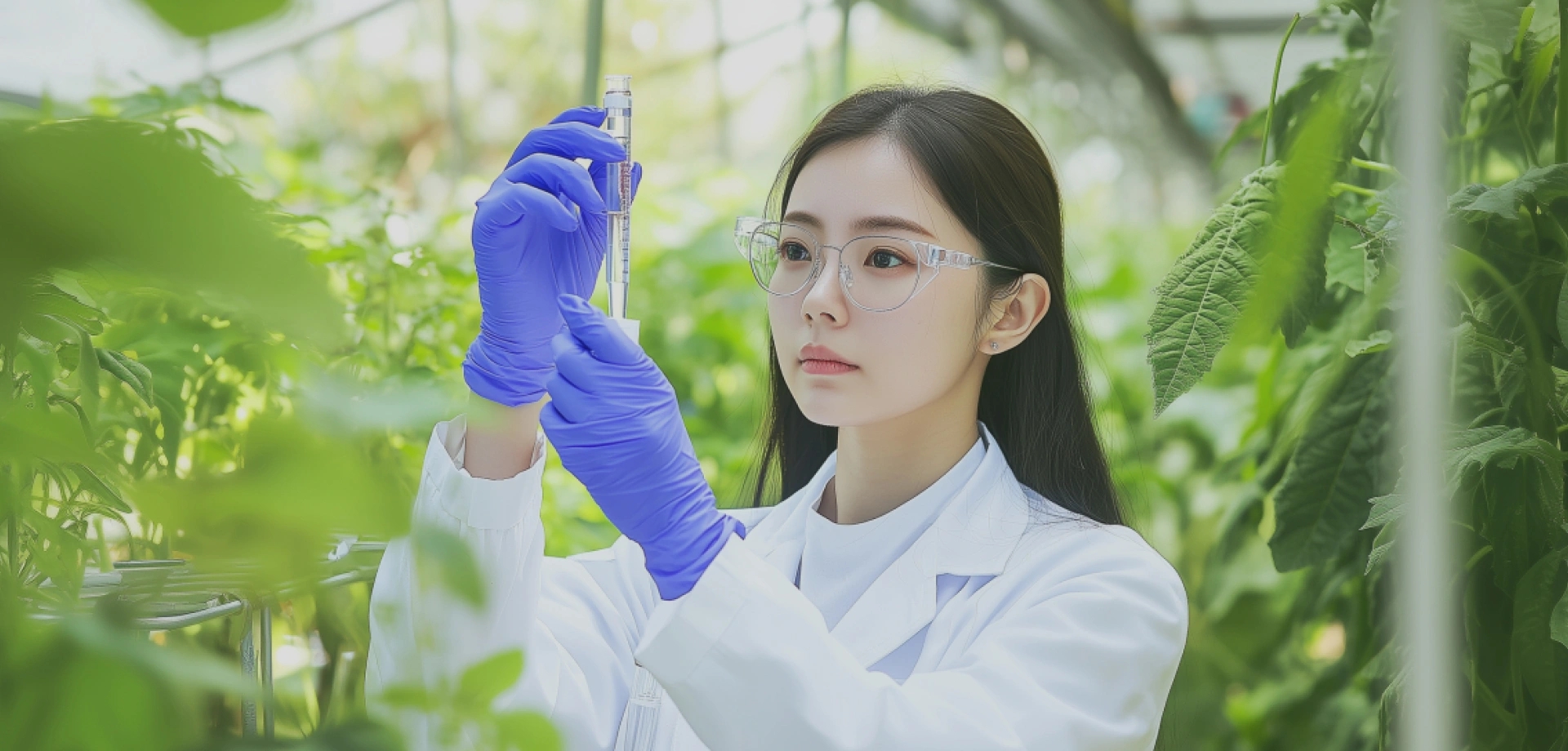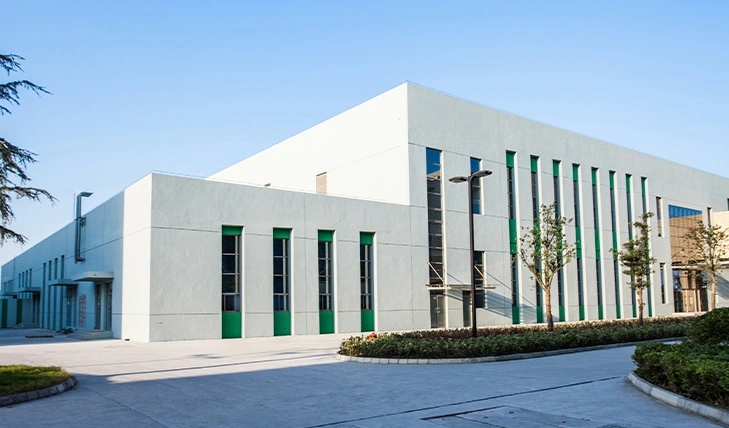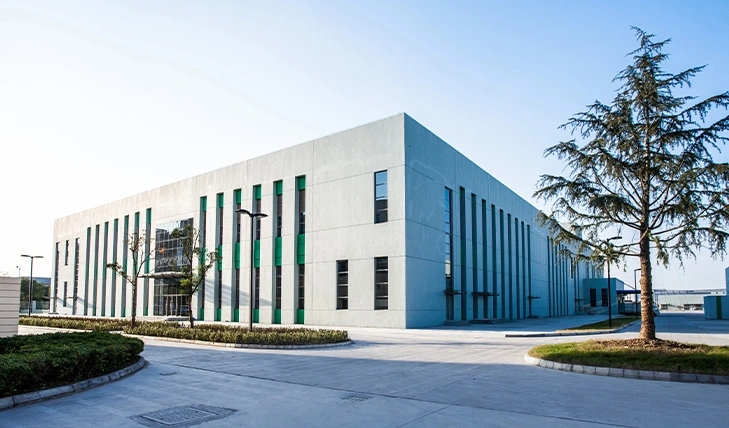In order to implement national laws and regulations, ensure that the safety and health rights of employees are protected and the company's property is not lost, the company has established a "Safety Committee" and EHS engineers in accordance with the law to conduct regular safety and health inspections on the company's current status, promote the improvement of the company's illegal and non-compliant deficiencies, closely contact government departments and implement government requirements to ensure the company's legal and safe production.
Specific protection measures include:
1.) Purchasing various types of labor protection supplies in accordance with the law: dust masks, gas masks, activated carbon masks, safety helmets, protective shoes, protective gloves, etc. for use by employees in occupational hazards positions;
2.) Regular inspection and maintenance of special equipment is required in accordance with the law, and relevant operators are required to undergo training and obtain certificates from government departments before they can take up their posts;
3.) Setting up hazardous goods warehouses in accordance with the law, with complete and comprehensive relevant safety facilities, personnel obtaining certificates and implementing special personnel management;
4.) Setting up explosion-proof areas in accordance with the law, with electrical appliances and equipment of corresponding explosion-proof grade requirements in explosion-proof areas, personnel undergoing training and taking up their posts, and formulating special operating procedures and management systems;
5.) Regularly cleaning the environment and equipment and ensuring safety effectiveness in accordance with the law;
6.) The company conducts inspections on occupational hazard positions in accordance with the law, and relevant personnel undergo occupational hazard physical examinations; arranges all new employees to undergo physical examinations to ensure that the company's current status complies with relevant national laws and regulations; 7.) EHS engineers and safety officers of various departments conduct inspections in accordance with company rules and regulations, check employee operations, company systems, job operating procedures, item storage, etc., inspect deficiencies and make corrections; 8.) Ensure that the amount of safety investment meets the requirements and that the safety investment costs are used effectively in accordance with the law; The preventive measures provided include: 1.) All new employees must pass the third-level safety education and training before they can take up their posts, and the company regularly conducts safety education and training for employees on the job (AQ-005-001 Safety Training Education Management System); 2.) In order to reduce the risk of occupational hazards for employees, a series of management systems and operating rules are formulated. Occupational hazard positions are inspected annually, and personnel wear labor protection products when working (AQ-010-004 Occupational Hazard Factor Inspection Management System in the Workplace);
3.) Regularly perform maintenance on production and public equipment to ensure the normal and effective operation of all equipment and facilities (AQ-006-002 Production Facility Safety Management System);
4.) In order to remind workers to pay attention to work safety and health and improve crisis awareness, in addition to personnel training, work warning signs are posted on equipment and workplaces (AQ-026 Warning Sign Management System);
5.) In order to enable colleagues in the factory to use protective equipment correctly and appropriately at work to reduce the risk of occupational hazards, the company purchases qualified labor protection products according to demand (AQ-010-007 Labor Protection Products Management System);
6.) In order to prevent emergencies, a fire drill is conducted every year to improve employees' fire-fighting skills, escape skills, first aid skills, etc. (AQ-011-001 Safety Accident Emergency Rescue Management System);
7.) In order to ensure that the management of flammable and explosive materials, toxic and harmful substances in the factory complies with the regulations, a corresponding management system is formulated, personnel are educated and trained on relevant knowledge, and facilities and equipment are fully equipped to ensure that the production and operation conditions meet the requirements (AQ-023-010 Dangerous Operation Management System);
8.) In order to ensure that the company's safety and health meet the requirements, the company continuously conducts self-internal audit management and makes continuous progress (AQ-038 Safety Standardization Self-Assessment Management System).
Chung-Hwa Chemical & Pharmaceutical pays attention to the global trend of energy conservation and carbon reduction, and regards environmental sustainability as its own responsibility. Therefore, in addition to complying with the basic responsibilities and obligations of environmental protection laws and regulations, in response to environmental protection, an EHS engineer position is set up to promote the company's environmental protection work and implement various energy-saving and waste reduction measures, such as using energy-saving lamps for lighting fixtures, recycling water for cooling towers of 3000t/h, and continuously recycling and reusing auxiliary raw material alcohol barrels. By continuously taking environmentally friendly actions, we are moving towards the goal of sustainable development.
Environmental protection management system
In order to implement energy conservation and carbon reduction and implement the concept of environmental protection, Chung-Hwa Chemical & Pharmaceutical has set up an EHS engineer position to promote the company's environmental protection work. All departments of the company are responsible for EHS and the company regarding environmental protection, energy conservation, emission reduction and environmental protection issues.
In addition to the direct impact of natural disasters on operational activities, climate change may also lead to the spread of diseases and rising raw material prices, or indirect impacts such as supply interruptions. The company's marketing planning department keeps an eye on the trend of disease epidemics that may be caused by climate change or environmental changes, and the procurement department pays close attention to the impact of environmental issues on the stability of raw material supply and price fluctuations, analyzes the impact on corporate operations and formulates response measures. The company also actively pays attention to energy conservation and carbon reduction and greenhouse gas reduction issues, and develops relevant environmental protection policies including: air conditioning energy conservation and carbon reduction, lighting energy conservation and carbon reduction, office energy conservation and carbon reduction, smart water use, and green living.
• Air conditioning temperature control in summer to effectively use energy
• Automatically control daily air conditioning power time
• Turn off all air conditioning equipment and electrical appliances before leaving get off work to reduce energy consumption
• The ice machine is manually controlled on non-production days to reduce the load
Replace traditional energy-consuming lamps with T5 fluorescent lamps or LED lamps
• The workshop lighting is voice controlled, and the factory road lighting is light controlled, saving consumption and resources as much as possible
• During working hours, lights that are not used or not necessary should be turned off or kept partially lit
• Turn off lights during lunch break
• Check the lighting in each office, supervisor’s office, and meeting room before leaving get off work
• Continue to build an electronic document system to reduce the use of paper, photocopying and printing
• If the equipment is not used for a long time, the host and peripheral devices should be turned off to reduce standby power consumption
• Electrical appliances or equipment that are not used for a long time should be unplugged
• Continuously update production facilities and operating methods to reduce water consumption
• The cooling tower uses a water recycling system, saving approximately 15,000 tons of water per day
• Promote water conservation
We work with long-term raw material suppliers to promote the recycling and reuse of packaging cartons or containers to reduce the consumption of cartons and packaging material resources, and become partners with suppliers to jointly improve soft and hard equipment and quality; we plan to add wastewater reduction facilities: three-effect concentrating evaporator to reduce the discharge of polluted wastewater.
• For waste treatment, our company sets up resource classification sites and implements resource classification. After classification, each is entrusted to a qualified professional environmental protection company for treatment.
• Product packaging design is based on the principles of simplicity and environmental protection
• Reduce the use of product packaging materials, and choose to use recyclable materials as much as possible to reduce the impact on the ecological environment
• Adding a triple-effect concentrating evaporator to reduce the discharge of polluted wastewater by about 100 tons per year
1.) Raw material usage
Chung-Hwa focuses on developing competitive and sales-oriented products, including cardiovascular, hypertension and circulatory system drugs, digestive system drugs, respiratory system drugs, nervous system drugs, anti-infective system drugs, diabetes and endocrine system drugs, psychiatric drugs, etc. The main raw materials used include various organic chemicals and inorganic chemicals.
Chung-Hwa Pharmaceutical's raw materials are supplied from domestic and foreign manufacturers that comply with the current new regulations and new edition of the Pharmacopoeia. The main raw material manufacturers are long-term close customers. Based on cost control, increasing company profits, and ensuring supply, each main raw material has more than two suppliers to ensure supply, and actively develop new suppliers that comply with regulations and Pharmacopoeia specifications. In addition, due to the special type of pharmaceutical industry, some raw materials cannot use recycled or recyclable raw materials.
2.) Usage of packaging materials
The packaging materials used by Chung-Hwa Pharmaceutical include glass bottles, plastic bottles, cartons, aluminum foil and PVC, etc. About 100% of the materials are supplied by domestic manufacturers, including the instructions for use and related documents that must be included with the sale of drugs.
3.) Energy usage
Chung-Hwa Chemical & Pharmaceutical produces medicines including injections, tablets, granules, and capsules. Electricity and steam are the main sources of energy for the manufacturing processes of tablets and tablets, such as crushing, granulation and drying, mixing, sorting, tabletting, and tablet pressing, as well as product packaging operations, or the manufacturing processes of injection liquids, such as preparation, filtration, drying and sterilization, filling, and packaging.
In order to implement energy conservation and carbon reduction, in addition to continuing to use frequency conversion control to reduce non-full-load operation of equipment, lighting equipment will gradually replace the more energy-consuming old fluorescent tubes with new energy-saving T5 or LED energy-saving tubes, implement air-conditioning temperature and operation time control, and replace with energy-saving lighting equipment to reduce electricity and fuel oil consumption.
4.) Water resource management and wastewater treatment
Chung-Hwa Chemical & Pharmaceutical's tap water comes from the Baiyangwan Water Plant in Suzhou High-tech Zone. The water used is mainly for production process water and daily life water. In the future, the company will continue to uphold the spirit of saving water and cherishing water resources, actively develop water-saving technology for production processes, update equipment and facilities, strengthen the maintenance of equipment in the factory, and upgrade operating methods to reduce the consumption of water resources.
In terms of wastewater treatment, Chung-Hwa Chemical & Pharmaceutical has no other wastewater to discharge except for public facilities and domestic sewage, so no sewage treatment equipment is required, and it is directly discharged to the regional sewage treatment plant for treatment. The EHS department regularly samples and inspects the water quality after treatment, and entrusts the environmental monitoring station designated by the Environmental Protection Bureau to conduct environmental monitoring every year to ensure that the sewage indicators discharged by our company meet national and local standards.
5.) Waste Disposal
According to the "Law on the Prevention and Control of Environmental Pollution by Solid Waste", our company divides waste into general waste and hazardous waste. The company formulates relevant management procedures and strictly implements them. We entrust qualified and professional environmental protection companies to handle them and track the final flow of waste to ensure that they will not pollute the environment.
6.) Wastewater treatment
Chung-Hwa Chemical & Pharmaceutical collects and outsources all laboratory waste liquids and waste liquids generated during the production process in accordance with environmental acceptance evaluation requirements, and ensures that the outsourced treatment agency has relevant qualifications.
7.) Hazardous solid waste disposal
Waste drugs and raw materials generated during the manufacturing process will affect and pollute the ecological environment and should not be discarded at will. Therefore, our company collects hazardous solid waste and places it in a dedicated storage area to avoid pollution. We also entrust qualified and professional environmental protection companies to handle it by high-temperature incineration to avoid the possibility of recycling and misuse.
8.) General domestic waste disposal
Our company has set up resource classification sites and implemented resource classification for the disposal of general domestic waste. After classification, waste that cannot be recycled is entrusted to qualified and professional environmental protection companies to be transported to incineration plants in various counties and cities for unified treatment; waste that can be recycled is recycled.

